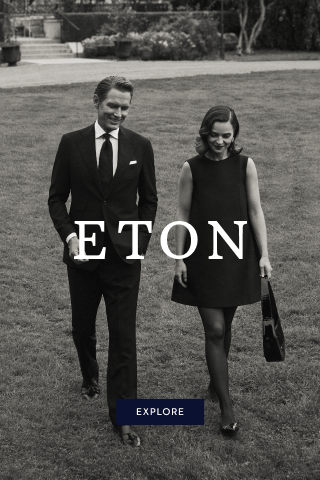
The DAM-Decision and Memory group at Universitat Jaume I in Castelló, led by Raphael Kaplan and composed of researchers from Spain, Italy and the United States, has recently published the results of two studies that provide new insights into human brain behavior in everyday activities such as decision-making and social interaction.
In a new line of research by Dr. Kaplan, doctoral students Mariachiara Esposito and Lubna Abdul have shown that the hippocampal and medial prefrontal cortex regions of the brain use the boundaries of a context to guide decision-making in both spatial and abstract contexts, as explained in the article “Flexible hippocampal representation of abstract boundaries supports memory-guided choice” recently published in the journal Nature Communications.
The boundaries of an environment help us to navigate in physical space and remember where we have been. The hippocampus is responsible for remembering these positions and is sensitive to changes in these spatial boundaries.
What was not clear is whether hypothetical limits, for example, the relationship between the size and the price of a flat when you are looking for one for a person or for a family, involve the same regions of the brain in the same way. This research demonstrates that the brain can integrate the limits of different characteristics and adapt them to changes in context and criteria in order to guide everyday decisions such as economic decisions.

Social anchoring
In another of Dr. Kaplan’s lines of research, doctoral student Marta Rodríguez has shown that subjective preferences affect the way we link different people together. For example, when we organize a meeting and need to remember our guests’ preferences and the relationship between them. The brain regions responsible for remembering other people’s preferences also show us how they differ from our own, even if a comparison between them is not necessary.
This phenomenon, known as “social anchoring,” suggests that our personal biases influence how we remember other people’s preferences. The results of the study “Social knowledge about others is anchored to self-knowledge in the hippocampal formation,” also recently published in the journal PLOS Biology, provide key information on how our cognitive biases shape social memory.
More information:
Mariachiara Esposito et al, Flexible hippocampal representation of abstract boundaries supports memory-guided choice, Nature Communications (2025). DOI: 10.1038/s41467-025-57644-6
Marta Rodríguez Aramendía et al, Social knowledge about others is anchored to self-knowledge in the hippocampal formation, PLOS Biology (2025). DOI: 10.1371/journal.pbio.3003050
Provided by
Universitat Jaume I
Citation:
How the brain uses context boundaries to guide decision-making in both spatial and abstract environments (2025, April 4)
retrieved 4 April 2025
from https://medicalxpress.com/news/2025-04-brain-context-boundaries-decision-spatial.html
This document is subject to copyright. Apart from any fair dealing for the purpose of private study or research, no
part may be reproduced without the written permission. The content is provided for information purposes only.






